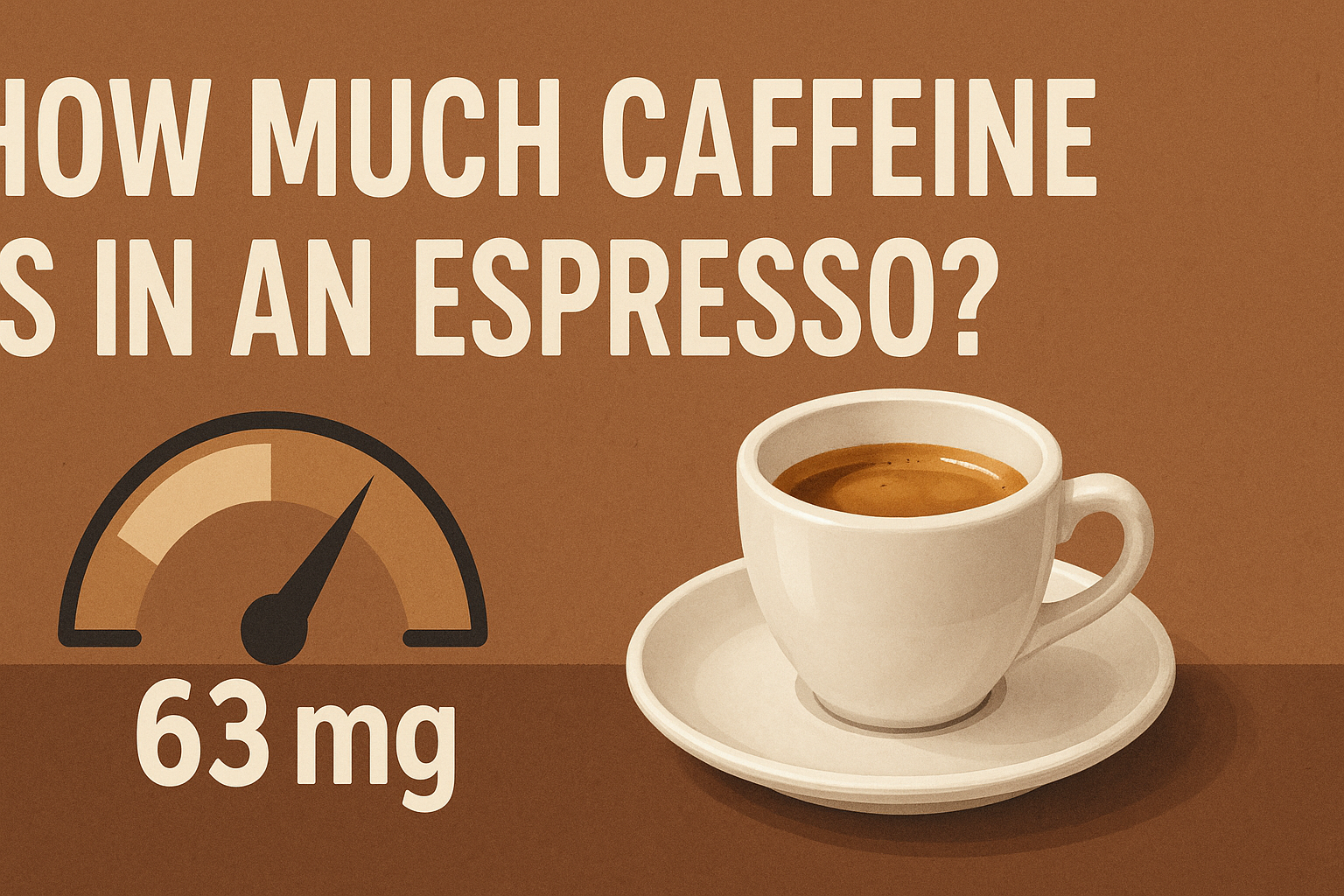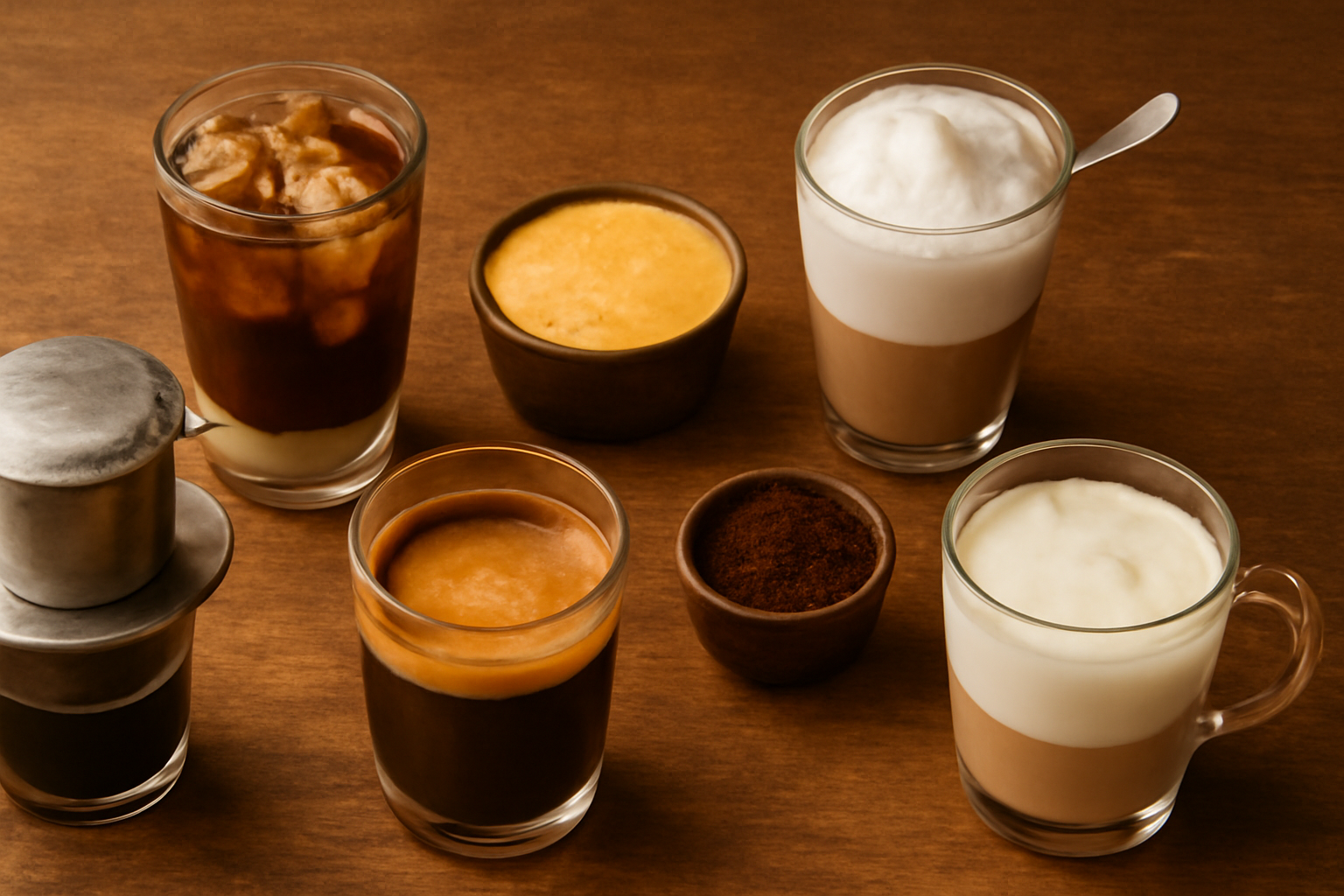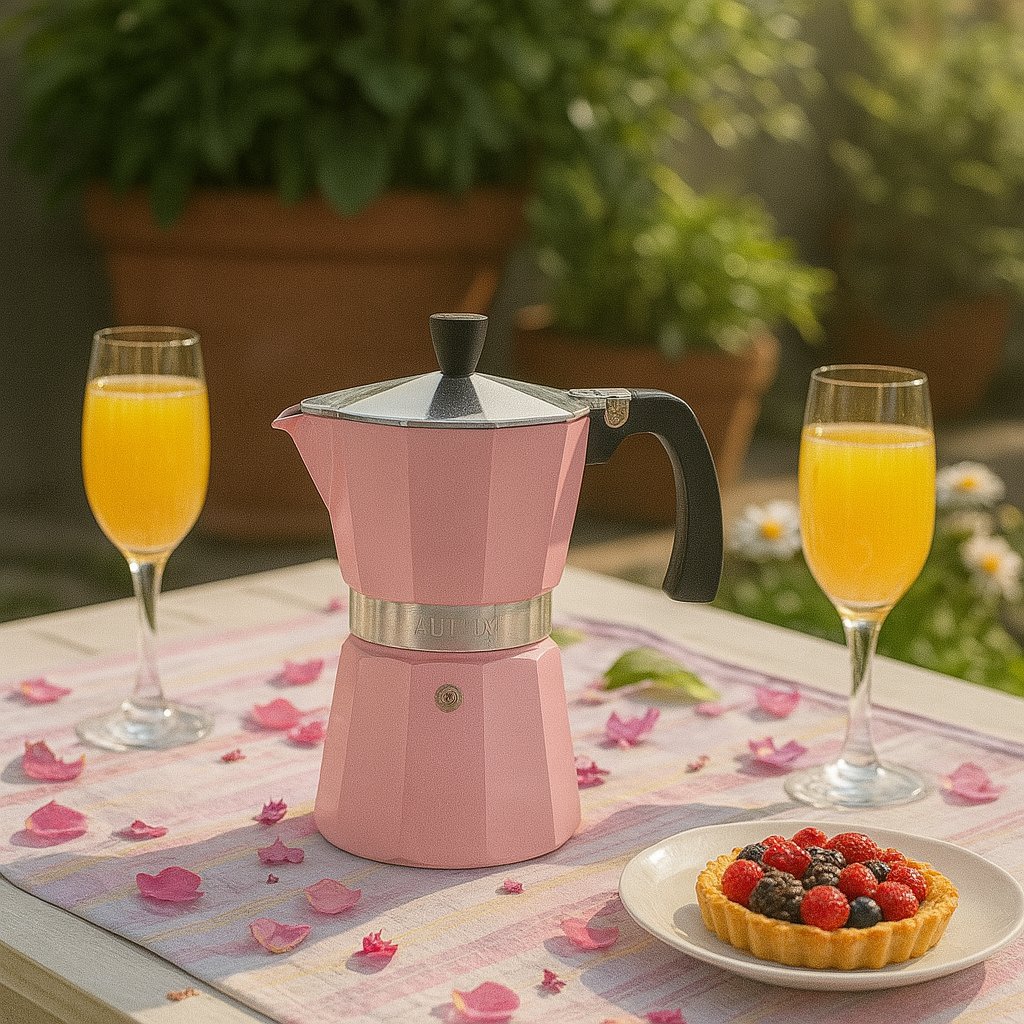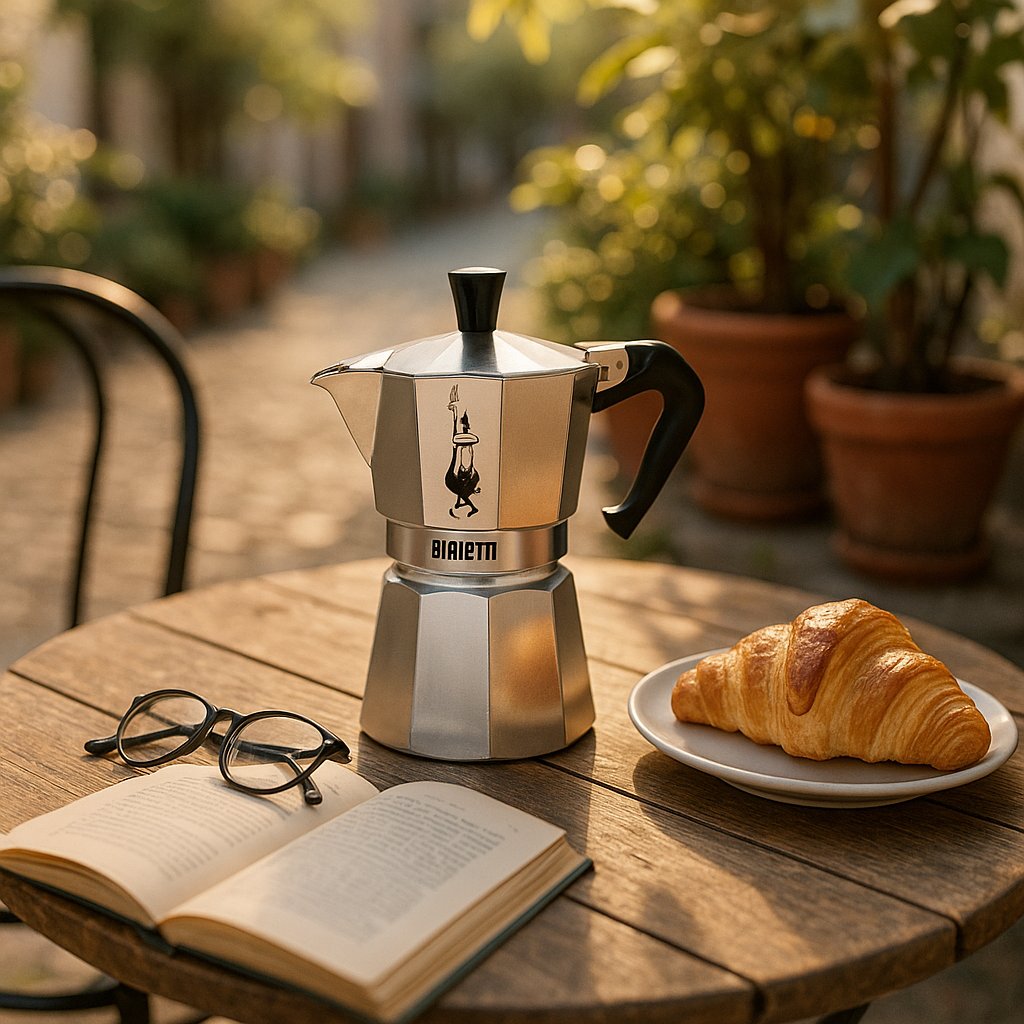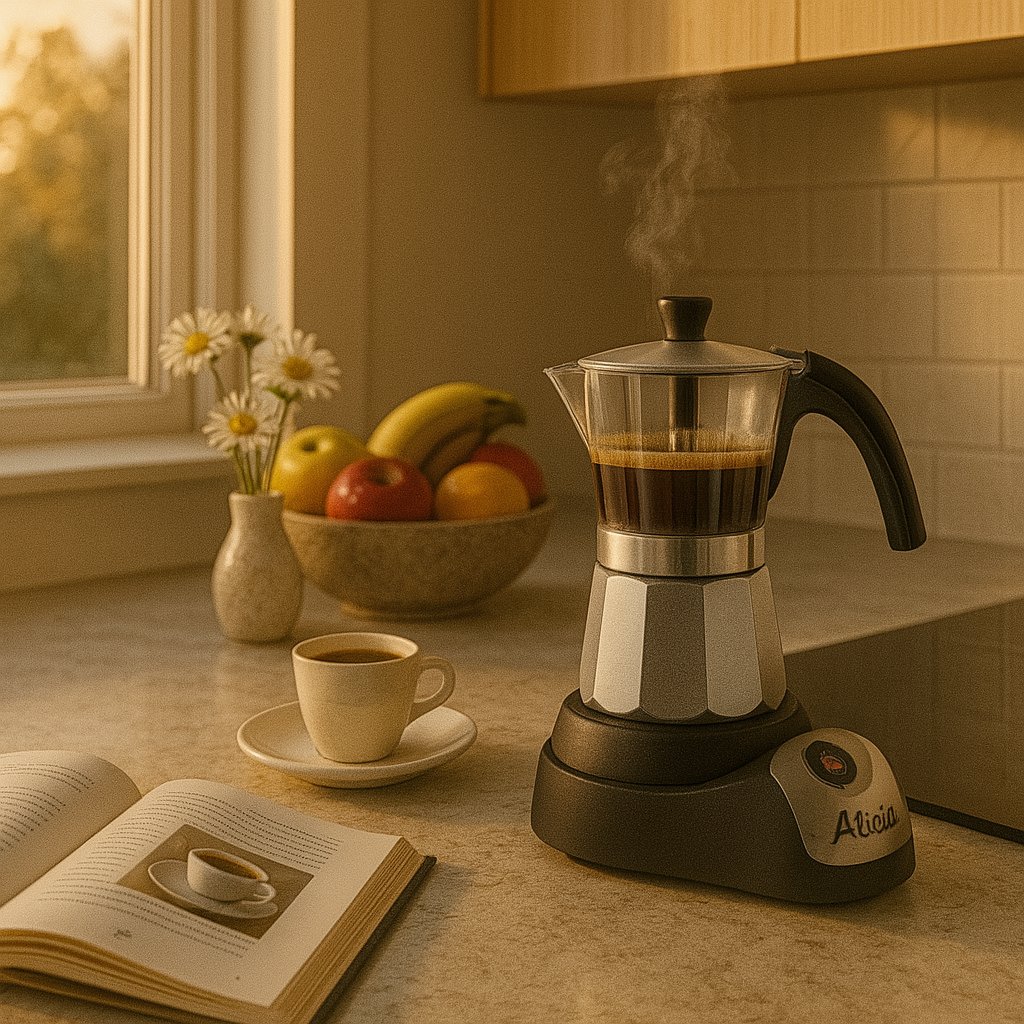5 Best Black Coffees: Complete Tasting Guide
Marco's expert guide to the finest coffees for drinking black. Discover single-origin gems with perfect flavor profiles, detailed tasting notes, and professional brewing recommendations.

Introduction: My Global Quest for Perfect Black Coffee
My name is Marco, and my journey with black coffee began in the most unexpected place—not in the celebrated coffee shops of Rome where I was born, but in a tiny café tucked away in the back streets of Hanoi. I was twenty-two, fresh out of culinary school, and convinced that proper coffee required at least a splash of milk and a cube of sugar. The elderly Vietnamese woman behind the counter simply smiled when I asked for cream and handed me a small cup of liquid darkness that would forever change my understanding of what coffee could be.
That first sip of pure Vietnamese robusta was like a revelation—bold, unapologetic, and completely honest. No artifice, no hiding behind sweeteners or dairy. Just the raw, unfiltered expression of the coffee bean in its most truthful form. From that moment in Hanoi, through my years learning from master roasters in Berlin's specialty coffee scene, to my time cupping coffees with farmers in the highlands of Guatemala, I've been on a relentless quest to understand what makes truly exceptional black coffee.
Now, after fifteen years of professional coffee exploration across four continents, I've learned that the best black coffee isn't just about the absence of additions—it's about the presence of perfection. It's about beans that are so carefully cultivated, processed, and roasted that they sing with complexity even when presented naked in your cup. Through thousands of cupping sessions, countless conversations with farmers, and more than a few sleepless nights analyzing flavor profiles, I've identified five coffees that represent the absolute pinnacle of what black coffee can achieve.
These selections represent my personal odyssey through the world's greatest coffee regions. From learning traditional processing methods at a family farm in Jamaica's Blue Mountains to understanding volcanic terroir with indigenous farmers in Guatemala's Antigua Valley, each coffee tells a story of place, tradition, and uncompromising quality. Whether you're taking your first steps into black coffee appreciation or you're a seasoned connoisseur seeking new heights, this guide will expand your understanding of coffee in its most honest and revealing form.
A Decade of Global Coffee Discovery
These selections represent not just my personal favorites, but coffees that have consistently impressed coffee professionals worldwide. From the terraced farms of Jamaica's Blue Mountains to the volcanic soils of Guatemala's Antigua Valley, each represents a perfect marriage of terroir, processing expertise, and roasting artistry that creates coffee worthy of drinking black.
Professional Black Coffee Tasting Techniques
Learning to properly taste black coffee is a skill that transforms your entire coffee experience. During my training in Berlin's specialty coffee laboratories, I learned techniques that professional cuppers use to evaluate coffee quality. These methods, once mastered, will help you appreciate the subtle complexities that make great black coffee so rewarding.
The Professional Cupping Method
Step 1 - The Dry Sniff: Before adding water, smell the dry grounds. Great black coffee beans will reveal their character even before brewing—look for clean, distinct aromas without any off-notes or mustiness.
Step 2 - The Bloom Assessment: When you first add hot water, watch the coffee bloom. Fresh, high-quality beans will create a pronounced dome of grounds, indicating proper degassing and freshness.
Step 3 - The Slurp Test: Take a loud slurp to aerate the coffee across your palate. This professional technique helps you identify subtle flavors that might otherwise go unnoticed.
Step 4 - Temperature Evolution: Taste the coffee at different temperatures as it cools. Many black coffees reveal their finest characteristics between 140-120°F, when volatile compounds settle and sweetness emerges.
Developing Your Palate for Black Coffee
In my early days working with a master roaster in Seattle, I learned that palate development requires systematic practice. Start by focusing on basic taste categories—sweetness, acidity, bitterness, and body—before attempting to identify specific flavor notes. I recommend keeping a coffee journal, noting your impressions of each cup. Over time, patterns will emerge, and your ability to detect subtle nuances will dramatically improve.
The key insight I gained from working with professional cuppers is that black coffee tasting is fundamentally different from espresso evaluation or milk-based drinks. With nothing to mask or modify the flavors, every element of the coffee's character is exposed. This includes both the beautiful complexity you want to taste and any flaws you need to identify.
Essential Tasting Setup
- Clean Water: Use filtered water heated to 195-205°F for optimal extraction
- Consistent Ratio: Maintain 1:15 to 1:17 coffee-to-water ratio for reliable results
- Multiple Cups: Brew 3-4 small cups to taste evolution over time
- Neutral Palate: Cleanse between tastings with room temperature water
- Proper Environment: Taste in a well-lit, odor-free space for accurate assessment
Temperature is Critical
One of the most important lessons from my time training with Japanese coffee masters is that black coffee's flavor profile changes dramatically as it cools. Always taste your coffee at multiple temperatures—many of the most interesting and complex flavors only emerge as the cup reaches 140°F and below.
Essential Equipment for Black Coffee Excellence
During my years consulting for specialty coffee shops across Europe, I've learned that exceptional black coffee demands exceptional equipment. The brewing method you choose can either highlight a coffee's finest qualities or mask them entirely. Each of the five coffees in this guide performs best with specific brewing techniques that honor their unique characteristics.
Marco's Essential Black Coffee Arsenal
After testing dozens of brewing methods in professional settings, these tools consistently deliver the clarity and precision that great black coffee deserves. Quality equipment isn't just about convenience—it's about consistency and control over every variable that affects extraction.
Pour-Over Systems: The Gold Standard
For coffees like Ethiopian Yirgacheffe and Kenyan AA, nothing surpasses the control and clarity of pour-over brewing. The precision pouring techniques I learned from Japanese baristas in Kyoto allow you to manipulate extraction timing and water distribution for optimal flavor development.
Professional Recommendation: V60 vs. Chemex
Hario V60: Best for bright, acidic coffees like Ethiopian and Kenyan origins. The spiral ridges and large drain hole create clean, tea-like clarity that showcases delicate flavors.
Chemex: Ideal for medium-bodied coffees like Guatemalan Antigua. The thick filters remove oils and sediment, creating exceptionally clean cups with enhanced sweetness perception.
French Press: Full-Body Excellence
While many dismiss French press for serious black coffee, I discovered its potential while working with Central American importers. For coffees like Guatemalan Antigua and Costa Rican Tarrazú, the full immersion method and metal filter preserve oils that contribute to body and mouthfeel—essential elements that paper filters often remove.
Critical Timing for French Press
The key to exceptional French press black coffee lies in timing. I use a 4-minute steep for light roasts, 3.5 minutes for medium roasts. Any longer, and over-extraction creates bitter compounds that mask the coffee's natural sweetness—the enemy of great black coffee.
Grinder Selection: The Foundation
The most expensive beans in the world cannot overcome poor grinding. During my training in Milan's historic coffee houses, master roasters taught me that grind consistency affects extraction more than any other variable. For black coffee, where every flaw is exposed, this principle becomes absolutely critical.
Grinder Categories for Black Coffee
- Burr Grinders (Essential): Provide consistent particle size for even extraction—non-negotiable for serious black coffee
- Manual Grinders: Excellent for pour-over methods, offering control and consistency without heat generation
- Electric Burr Grinders: Best for daily use with multiple brewing methods and larger quantities
- Avoid Blade Grinders: Create uneven particles leading to simultaneous over and under-extraction
1. Ethiopian Yirgacheffe: The Floral Masterpiece
The Crown Jewel of Coffee Origins
Ethiopian Yirgacheffe represents coffee in its most ethereal form. Grown at altitudes of 1,700-2,200 meters in the birthplace of coffee, these beans undergo washed processing that creates a cup of extraordinary clarity and complexity that has captivated coffee lovers for generations.
Flavor Profile:
- Primary Notes: Bright floral (jasmine, bergamot), citrus (lemon, lime zest)
- Secondary Notes: Green tea, white peach, mild honey sweetness
- Acidity: Bright and sparkling, wine-like quality
- Body: Light to medium, silky mouthfeel
- Finish: Clean, lingering floral and citrus notes
Why It's Perfect for Black Coffee
Yirgacheffe's natural complexity eliminates any need for additives. The bright acidity provides natural sweetness perception, while the floral notes create an almost perfume-like aromtic experience. The light body ensures that no single element overwhelms, creating perfect balance that evolves throughout each sip.
Marco's Tasting Notes
First sip reveals immediate floral brightness—like walking through a garden after rain. The citrus acidity provides structure without harshness, while subtle honey sweetness emerges as the cup cools. The finish is remarkably clean, leaving a lingering floral essence that invites the next sip.
Optimal Brewing Parameters
Method: Pour-over (V60 or Chemex) for maximum clarity
Ratio: 1:16 (coffee to water)
Water Temperature: 195-200°F (90-93°C)
Grind: Medium-fine
Bloom Time: 30 seconds
2. Jamaican Blue Mountain: The Balanced Perfection
The Gold Standard of Balance
Grown exclusively in the Blue Mountains of Jamaica at altitudes above 3,000 feet, this legendary coffee commands premium prices for good reason. The unique microclimate creates beans with exceptional balance and remarkably smooth character that epitomizes refined coffee drinking.
Flavor Profile:
- Primary Notes: Mild chocolate, subtle nuttiness (almond, hazelnut)
- Secondary Notes: Caramel sweetness, hint of tropical fruit
- Acidity: Gentle and rounded, never sharp
- Body: Medium, creamy texture
- Finish: Smooth, lingering sweetness
The Perfect Introduction to Black Coffee
Blue Mountain coffee represents the ideal gateway for those transitioning from cream and sugar. Its naturally low acidity and inherent sweetness make it immediately approachable, while the complex flavor development reveals new notes as you become more attuned to black coffee appreciation. The remarkable smoothness means it never feels harsh or bitter, even as it cools.
Premium Coffee Investment
While Blue Mountain commands high prices ($40-60+ per pound), the investment is justified for special occasions or serious black coffee exploration. A single pound provides 30-40 exceptional cups that showcase what perfectly balanced coffee can achieve.
Historical Significance & Marco's Experience
Blue Mountain coffee gained international recognition in the 18th century and became the preferred coffee of European royalty. During my visit to the Wallenford Estate in the Blue Mountains, I learned that the unique microclimate—with morning sunshine, afternoon clouds, and consistent rainfall—creates optimal growing conditions that can't be replicated elsewhere. Today, 80% of production goes to Japan, where it's prized for its consistency and refined character.
I had the privilege of participating in a harvest at the Clifton Mount Estate, where I observed the meticulous hand-picking process that ensures only the ripest cherries are selected. The farmer explained how the cool mountain temperatures slow the cherry maturation, allowing for complex flavor development that contributes to the coffee's legendary balance. This attention to detail, combined with the strict governmental oversight of quality standards, explains why Blue Mountain commands such premium prices and remains a benchmark for exceptional coffee experiences.
3. Guatemalan Antigua: The Volcanic Powerhouse
Volcanic Soil Complexity
Cultivated in the shadow of three volcanoes at 4,600+ feet elevation, Antigua coffee benefits from mineral-rich volcanic soil and dramatic temperature variations. This unique terroir produces beans with exceptional body and complex flavor development perfect for black coffee appreciation.
Flavor Profile:
- Primary Notes: Dark chocolate, roasted almonds, smoky undertones
- Secondary Notes: Spice (cinnamon, nutmeg), brown sugar sweetness
- Acidity: Moderate, well-integrated with chocolate notes
- Body: Full and robust, syrupy mouthfeel
- Finish: Long, satisfying with lingering chocolate and spice
The Bold Black Coffee Experience
Guatemalan Antigua represents the fuller-bodied end of the black coffee spectrum. The volcanic terroir imparts distinctive smoky notes that complement rich chocolate flavors, creating a coffee that satisfies those who prefer more intensity in their cup. The natural sweetness from volcanic minerals means this bold coffee never feels harsh or overly bitter.
Cupping Analysis
Dry Fragrance: Rich chocolate and toasted nuts with subtle spice
Wet Aroma: Intense cocoa with smoky volcanic minerals
Flavor Evolution: Opens with chocolate, develops spice complexity, finishes with lasting sweetness
Cooling Notes: Reveals brown sugar and cinnamon as temperature drops
Terroir, Processing & Marco's Farm Visit
The Antigua Valley's unique microclimate—with hot days, cool nights, and consistent humidity from surrounding volcanoes—creates ideal conditions for slow bean maturation. During my three-week stay at Finca El Injerto, I witnessed firsthand how the volcanic soil contributes essential minerals that enhance the coffee's natural sweetness. The farm's owner, a third-generation producer, taught me to recognize the subtle differences in cherry ripeness that separate exceptional Antigua from merely good coffee.
What struck me most was the respect local farmers have for the volcanic environment. I participated in the traditional wet processing method, where cherries are pulped within hours of picking and fermented in spring water from the volcano slopes. This extended development time concentrates flavors and creates the characteristic body that makes Antigua perfect for black coffee consumption. The careful processing techniques I observed there have influenced my own brewing methods ever since.
Volcanic Advantage
The mineral-rich volcanic soil of Antigua provides natural nutrients that conventional fertilizers cannot replicate. This terroir advantage, combined with traditional processing methods passed down through generations, creates the distinctive smoky complexity that makes Antigua Guatemalan coffee unmistakable in blind tastings.
4. Costa Rican Tarrazú: The Bright Sophisticate
High-Altitude Precision
From the mountainous Tarrazú region at altitudes of 1,200-1,700 meters, these beans represent Costa Rica's commitment to quality coffee production. Strict altitude requirements and meticulous processing create a coffee with bright acidity and remarkable clarity ideal for black coffee purists.
Flavor Profile:
- Primary Notes: Bright citrus (orange, grapefruit), milk chocolate
- Secondary Notes: Caramel, brown sugar, subtle stone fruit
- Acidity: Bright and lively, citrus-forward
- Body: Medium, clean mouthfeel
- Finish: Crisp and refreshing with lasting sweetness
The Morning Coffee Champion
Tarrazú's bright acidity and natural sweetness make it exceptional for morning consumption. The citrus notes provide natural energy and alertness, while the chocolate undertones offer comfort and satisfaction. This combination creates a coffee that energizes without overwhelming—perfect for starting the day with pure coffee pleasure.
Daily Ritual Perfect
Tarrazú excels as a daily black coffee ritual. Its consistent quality, approachable brightness, and natural sweetness create a reliable pleasure that never becomes mundane. The clean finish means it pairs excellently with breakfast without competing with food flavors.
Sustainability and Quality
Costa Rica's strict regulations require coffee labeled "Tarrazú" to come from specific high-altitude zones, ensuring consistent quality. Many farms practice sustainable cultivation methods, making this choice appealing for environmentally conscious coffee lovers who refuse to compromise on flavor.
5. Kenyan AA: The Wine-Like Wonder
The Connoisseur's Choice
Kenyan AA represents the largest and highest-grade beans from Kenya's central highlands. The unique double fermentation process and distinct varietals create a coffee with wine-like acidity and incredible complexity that challenges and rewards serious black coffee drinkers.
Flavor Profile:
- Primary Notes: Black currant, red wine, dark fruit
- Secondary Notes: Dark chocolate, molasses, subtle spice
- Acidity: Wine-like, intense but balanced
- Body: Full and rich, almost syrupy
- Finish: Long and complex with evolving fruit notes
The Ultimate Black Coffee Challenge
Kenyan AA pushes the boundaries of what coffee can be. Its intense wine-like acidity and complex fruit notes create an almost challenging drinking experience that rewards patience and attention. This isn't coffee for casual consumption—it's a meditation on flavor complexity that reveals new notes with each sip and temperature change.
Advanced Palate Development
Kenyan AA serves as excellent training for developing coffee palate sophistication. Its intense and varied flavor profile teaches you to identify specific notes and appreciate complexity. Regular consumption expands your ability to taste subtleties in all coffees.
Processing Excellence
Kenya's unique double fermentation process—where beans undergo two separate fermentation periods—creates the distinctive flavor profile. Combined with meticulous grading that ensures only the largest, most perfect beans receive AA designation, this results in consistently exceptional coffee perfect for black consumption.
Conclusion: Your Black Coffee Journey Begins
After fifteen years of chasing perfect black coffee across four continents, I can tell you that these five selections represent the finest examples of what coffee can achieve when presented in its purest form. From the ethereal florals of Ethiopian Yirgacheffe to the wine-like intensity of Kenyan AA, each demonstrates coffee's incredible capacity for complexity and nuance when nothing is added to mask its true character.
The journey to appreciating great black coffee is both deeply personal and endlessly rewarding. I recommend starting with the approachable balance of Jamaican Blue Mountain or the bright friendliness of Costa Rican Tarrazú—these coffees provide an excellent introduction to black coffee's potential without overwhelming your palate. Once you've developed a foundation, gradually explore the more complex profiles of Guatemalan Antigua and Kenyan AA. Ethiopian Yirgacheffe offers a completely different dimension that showcases coffee's more delicate and tea-like possibilities.
Marco's Black Coffee Development Plan
Great black coffee appreciation develops systematically over time. Start with one origin, learn its characteristics thoroughly through multiple brewing methods, then expand to contrast different profiles. Pay attention to how flavors evolve as the coffee cools—often the most interesting and complex notes emerge at lower temperatures when volatile compounds settle.
Remember that brewing method significantly impacts your black coffee experience. Each of these coffees has optimal preparation methods that highlight their best characteristics. Invest in quality brewing equipment—a reliable burr grinder, precise scales, and proper water filtration are not luxuries but necessities when you're drinking coffee black. When every flaw is exposed, every variable matters.
Most importantly, approach black coffee with patience, curiosity, and respect for the craft. Unlike coffee with added milk or sugar, black coffee reveals its character slowly and rewards careful attention. Each cup represents a conversation between you and everyone who touched those beans—the farmer who cultivated them, the processor who prepared them, the roaster who developed their flavor, and your own developing palate.
The True Reward of Black Coffee
The greatest reward of drinking excellent black coffee isn't just the sensory pleasure—it's the connection to place, process, and people. When you taste the floral notes in an Ethiopian Yirgacheffe, you're experiencing the terroir of ancient highlands. When you savor the chocolate richness of Guatemalan Antigua, you're tasting the mineral complexity of volcanic soil. This connection transforms coffee from mere caffeine delivery into something profound and meaningful.
These five selections provide an excellent foundation for your black coffee exploration, but they're just the beginning. The world of exceptional single-origin coffees is vast and constantly evolving. New processing methods, changing climate conditions, and innovative farming techniques continually create new flavor possibilities. Use this guide as your starting point, but trust your own palate as you venture into the endless world of exceptional black coffee waiting to be discovered.
The best black coffee is ultimately the one that speaks to you personally—the one that brings you joy, curiosity, and anticipation for the next cup. Whether you find that perfection in the bright acidity of a high-altitude African bean or the rich body of a Central American varietal, remember that great coffee, like great art, is meant to be appreciated, savored, and shared. Welcome to the world of exceptional black coffee—your journey starts with the very next cup.

